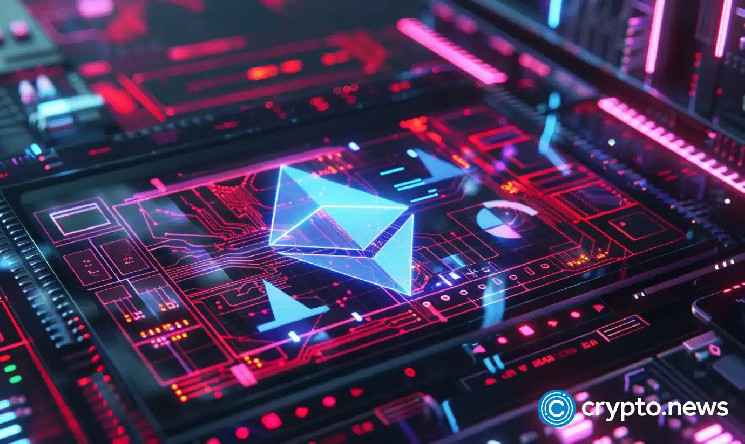
German banking giant Deutsche Bank AG views blockchain technology as a means to mitigate margin compression.
A new report suggests that Deutsche Bank is testing an Ethereum-based platform whose name was not specified. According to the bank, the platform offers services centred around tokenized funds.
Tokenization is the process of creating blockchain-based representations of real-world assets. Citigroup Inc. estimates the tokenization market could hit $5 trillion by 2030, covering bonds, property, and private equity.
The bank will leverage this platform to offer record-keeping services to help tokenized fund issuers manage investor information. The platform is also interoperable, ensuring that any fund manager can use it regardless of the underlying blockchain.
According to Anand Rengarajan, the bank’s Asia-Pacific and Middle East head of securities services and global head of sales, by using blockchain and smart contract-based solutions, the German banking giant can reduce costs, transaction times, and overall risk.
“It will help us stay relevant, because with the kind of margin compression impacting the overall financial services industry, the only way one can survive is by innovating,” Anand said.
Margin compression refers to the reduction in the profit margins of financial services due to increased costs, regulatory pressures, and heightened competition.
At the moment, the project remains a proof of concept, but the bank plans to commercialize it in the future.
“The investment that we will make over the next two to three years and what we made in the last two to three years should pave the way for a good commercial future,” Anand added.
The platform is a part of the Monetary Authority of Singapore’s (MAS) Project Guardian. With this collaborative effort, policymakers aim to explore tokenization use cases across fixed income, asset management, and foreign exchange.
Deutsche Bank onboarded Project Guardian on May 14 in a bid to test the feasibility of asset tokenization applications in regulated markets.
Other major names collaborating with the MAS include JPMorgan Chase & Co., DBS Group, Ant International, Standard Chartered Plc, and T. Rowe Price Group. The goal is to develop industry standards for tokenization in areas like cross-border forex settlement and bond trading.
While Deutsche Bank is bullish about blockchain, the same cannot be said for their outlook on cryptocurrencies. A recent report from the bank questioned the stability and solvency of Tether, highlighting concerns about transparency and the risk of de-pegging events.
Tether dismissed these claims, criticizing the report for lacking clarity and substantial evidence.
